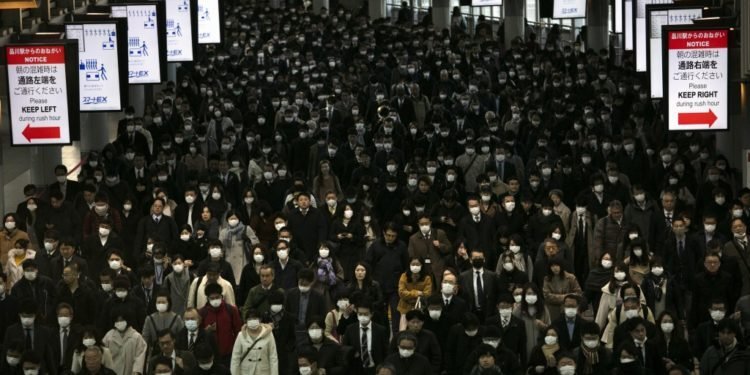Contagious diseases cause lots of panic and anxiety when it breaks out. The whole city or country where it is first discovered is put on high alert because of uncertainty. The whole world is rattled, especially if it is a disease that has not been previously known to human, or health professionals, as can be seen with the recent outbreak of Coronavirus in Wuhan city of China, officially named Covid-19 by the World Health Organisation (WHO).
The world has seen many outbreaks of such disease caused by a virus or bacteria that has jumped from the animal host to human (Zoonotic diseases) and then be transmitted from human to human.
Zoonotic diseases are diseases that can be transmitted from animals to humans. World zoonoses day is marked every 6th July annually.
The fatality can sometimes run into hundreds of thousand or even millions in rare cases, such as the Black death that killed over 200 million people in Europe between the years 1347 to 1351. Spanish flu which infected an estimated 500 million people with about 50 million deaths between 1918 and 1920. or HIV that has claimed over 36 million lives on average as at Dec 2020 since its emergence according the WHO.
The jumping of Zoonotic diseases (such as infectious viruses, fungi, bacteria or parasites from animal hosts to human can be dated to thousands or millions of years ago. BBC reported on 13th January 2016, that more than three quarters (75%) of emerging infectious diseases come from animals.
In recent times many contagious diseases that made the jump from animal hosts to humans include Ebola virus, Lyme disease in USA 1975, HIV & AIDS in USA 1983, H5N1 ( Avian Influenza) in China 1997, Severe Acute Respiratory Syndrome (SARS) in China 2003, H1N1(Swine Influenza) in Mexico 2009, Middle-East Respiratory Syndrome (MERS) in 2012, Covid-19, as well the Monkey Pox that has been making headlines since May 2022.
The question that a lot of people grapple with is how can these diseases hop from animal hosts to human?
How Zoonotic Diseases Spread from Animal Hosts to Humans
There are several ways human can contract pathogens like virus or bacteria from animal host. These includes
- Closely working with livestock, or wild animals. This can also be from live animal market.
- Transmission can occur from bite or scratch by infected animals.
- Direct contact with contaminated areas such as soil, trees, fruits, vegetables.
- Consumption of contaminated dairy products or uncooked animal products.
- Consumption of contaminated water.
- Transmission through vector-borne mechanisms such as mosquito, flies, tick-borne, fleas or lice.
How to Prevent the Jump of Zoonotic Diseases from Animal hosts to Human
Maintaining good personal hygiene is a very important factor. Protective clothing should be worn while handling livestock or wild animals. Ensure that your pets are given adequate medical care and vaccines. Consume pasteurised dairy products. Ensure that meats are properly cooked.
How to Prevent Human to Human Transmission of Contagious Zoonotic Diseases.
Preventive Measures according NHS-UK, Chinese State Media, WHO, and CDC-USA
- Don’t touch your mouth, eyes, nose or open skin areas with an uncleaned hand.
- Wash your hands thoroughly with soap and water (preferably warm water). However, hand sanitizer can be used if water is not readily available (preferably alcohol-based sanitizer).
- Avoid close contact with sick people.
- Use tissue or the sleeve of your clothes to cover your mouth and nose while coughing or sneezing.
- Immediately dispose of used tissues in the waste bin.
- Enforced Quarantine or self-imposed quarantine if you believe you have contracted the virus.
- Infected persons should avoid public places, gatherings, visiting people or receiving visitors.
- Avoid the use of public transport system.
Good outbreak control depends heavily on intervention packages such as management of cases, practices to control and prevent infections, monitoring and identifying contacts of infected person, a good testing facility, social awareness so that people will be informed about the disease and majors to take in protecting themselves and others. Safe and proper burial for the dead should be also be ensured
Ifunanya Ikueze is an Engineer, Safety Professional, Writer, Investor, Entrepreneur and Educator.






















































